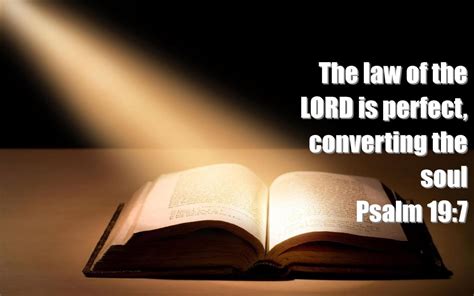Scripture: Daniel 1
Background:
One of the presidential candidates now campaigning in the United States claims that his administration will restore private initiative and work against all programs which imply the curbing of legal individual rights. This is a major area of dispute today since the expansion of government services requires broader taxation, and this means that certain people are compelled by the sword-power of the state to support certain programs which they might not really prefer. What does the Christian faith say about this matter of “freedom of conscience?”

Outline:
1 –What do we mean by “freedom of conscience?”
We do not mean that the conscience of man is free from the law of God, or that it is as such either reliable or authoritative. We do mean that no one or nothing may force anyone to think or do something against his will, providing this matter be properly within an area of individual decision.
Within the family, the school and the church the nature of this freedom varies. A five-year old is not free to disregard parental authority except in certain very unusual instances. A school has the right to enforce rules it deems proper to its function. The church may insist that its members agree with the dogma and with the practices enforced by the consistory.
By this time it is evident that “freedom of conscience” is not easy to define. Christians have always insisted that it is better that we run the risk of the consequences of an avowed “freedom of conscience” rather than to accept the “benefits” of a situation in which conformity is gained by force.
Questions for discussion: How do we teach children the right understanding of this freedom? What is the nature of the human conscience? What does Scripture say about conscience in Romans 2:15? What is the relationship of humility to conscience? May a Christian ever assume responsibility for obedience to rules and regulations which he does not believe to be truly based on the Word of God?
2–How is “freedom of conscience” to be recognized by the state and the church?
Governmental power and authority has frequently sinned against the rights of the citizenry to a certain freedom of conscience. This is always true when tIle state forgets the boundaries of its authority! The state cannot enforce laws dealing with sins which are not concrete and specific in character. For example: the state cannot enforce the first table of the law, with the possible exception of certain regulations regarding the Lord’s Day.
Students of biblical history regarding the experience of the church at the hands of totalitarian states are apt to stress the need for a strict delimitation of governmental power. Governments which come to power by way of free elections are apt to devise schemes whereby the larger majority of the populace will feel that the few are being just1y penalized to help the poor. The church fares badly in the expansion of such motives and policies!
The church stresses always the power of the Word to convince and to guide. and never resorts to coercion, not even the coercion of the majority vote! It would seem that American churches with their emphasis upon organization and administration seem to breed the kind of people who are seldom concerned for the preservation of freedom of conscience. No one may be forced in a matter of faith. Compulsion does not create faith because faith is a gift of the Spirit of God (John 6:63–65).
Questions for discussion: May the government force people to save for their retirement years by way of a social security program? May government authorities argue from general benefit in order to validate their social measures? Does “freedom of conscience” mean that an employer may hire and fire and remunerate as he pleases? May the state allow other social organizations to enforce their will regardless of personal feeling? Can you name instances and identify means in which churches sin against the conscience of the members?
